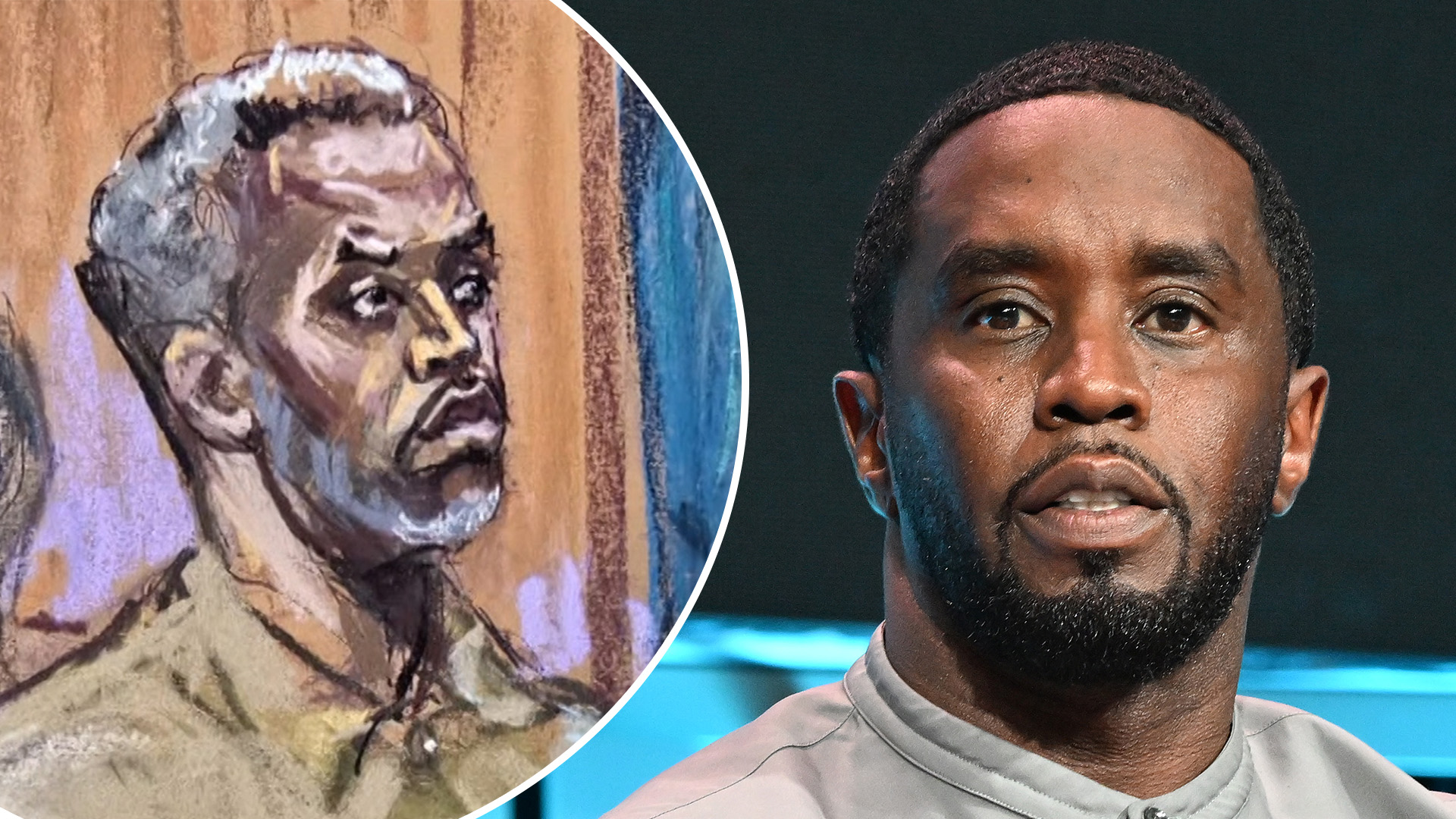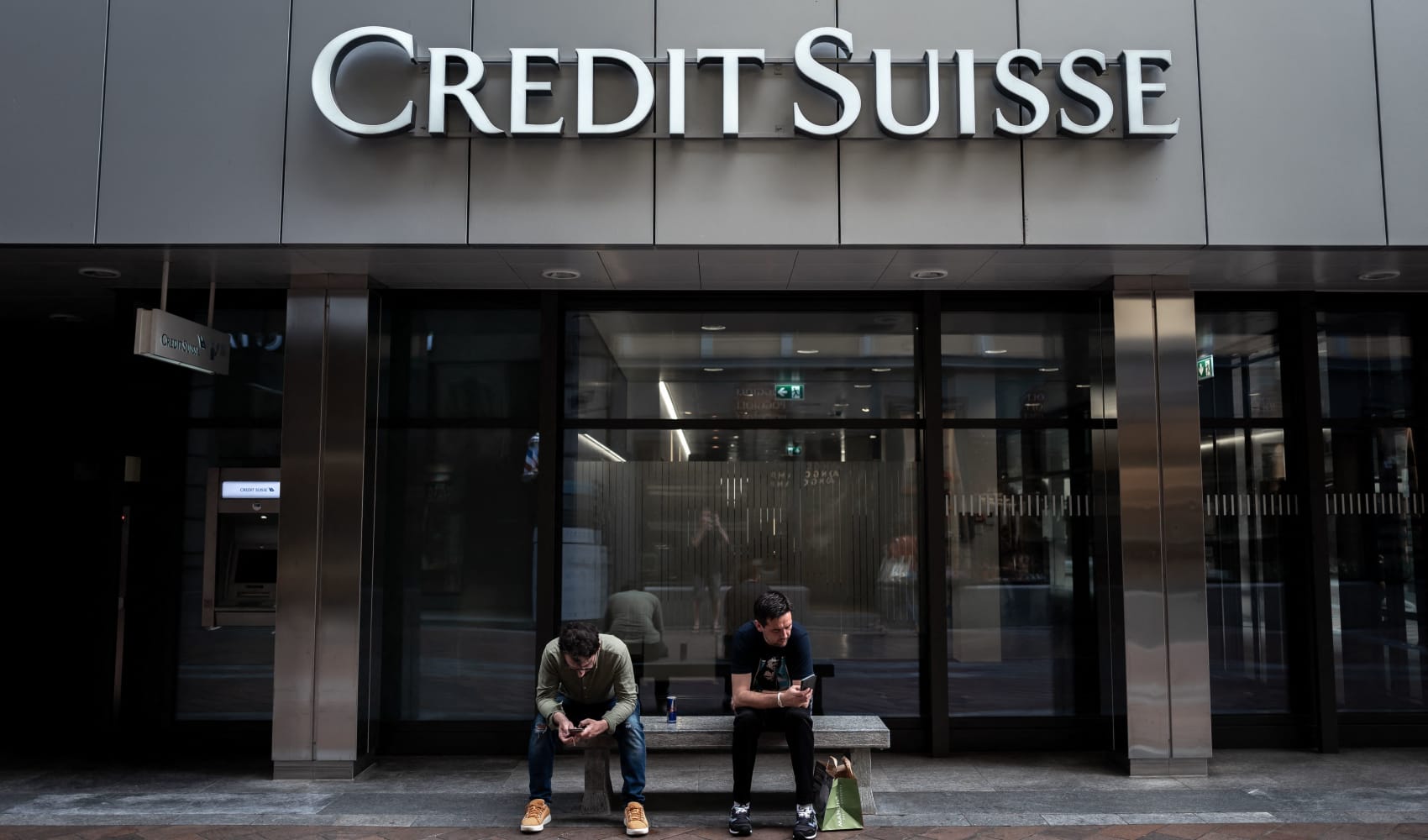Diddy's Sex Trafficking Trial: Judge Rejects Delay!
Diddy's Day in Court: Judge Rejects Delay in Sex Trafficking Trial
The Music Stops? Diddy's Trial Set for May 5
Hold on to your hats, folks! The legal drama surrounding Sean "Diddy" Combs is heating up. Despite his legal team's efforts to pump the brakes, a judge has ruled that the show must go on. The sex trafficking trial involving the hip-hop mogul is scheduled to begin on May 5th in Manhattan. This comes after Combs' lawyers requested a two-month delay, citing insufficient time to prepare and address new additions to the indictment. But the judge wasn't buying it. What does this mean for Diddy, and what can we expect from this high-profile trial?
Trial Date Sticks: Judge Subramanian's Decision
Judge Arun Subramanian, presiding over the case in Manhattan federal court, made it clear: the trial is happening as planned. He stated that the projected eight-to-ten-week duration of the trial necessitated sticking to the original schedule. This decision throws a wrench into Diddy's defense team's strategy, forcing them to scramble to prepare their case in a shorter timeframe.
Defense's Plea: A Need for More Time
So, what were Diddy's lawyers arguing? They claimed they needed more time to gather information on trial witnesses and digest late additions to the indictment. Think of it like trying to cram for a final exam when you've barely cracked the textbook all semester. They felt overwhelmed and unprepared. But, alas, the judge remained unconvinced.
Understanding the Indictment: What Are the Charges?
The indictment against Diddy involves serious allegations of sex trafficking. While the specific details are often sensitive and shielded from public view, the core accusations paint a disturbing picture. Understanding the nature of these charges is crucial to grasping the gravity of the situation. The legal definition of sex trafficking, the alleged victims involved, and the scope of the alleged activities are all critical pieces of the puzzle.
The Prosecution's Case: Building a Strong Argument
On the other side of the courtroom, the prosecution is undoubtedly working tirelessly to build a solid case against Diddy. This involves gathering evidence, interviewing witnesses, and preparing legal arguments to convince the jury of his guilt. The strength of their case will ultimately depend on the credibility of their witnesses and the persuasiveness of their evidence. Will they succeed in proving their claims beyond a reasonable doubt?
Potential Witnesses: Who Will Take the Stand?
One of the biggest unknowns in any trial is who will be called to testify. In a case as high-profile as this one, the potential witness list could be extensive and include individuals from various walks of life. Think of it as a sprawling cast of characters in a complex drama, each with their own story to tell. The testimonies of these witnesses will be crucial in shaping the jury's perception of the events in question.
Impact of Witness Testimony
Witness testimonies can be game-changers. They can either solidify the prosecution's case or cast doubt on the allegations. The credibility of the witnesses is paramount, and their demeanor on the stand can be just as important as the words they speak. Cross-examination, where the opposing lawyer grills the witness, can be a particularly intense and revealing part of the process.
Legal Strategies: Defense vs. Prosecution
As the trial approaches, both the defense and the prosecution are undoubtedly fine-tuning their legal strategies. The defense will likely focus on discrediting the witnesses, challenging the evidence, and raising doubts about Diddy's involvement in the alleged activities. The prosecution, on the other hand, will aim to present a compelling narrative that convinces the jury of his guilt.
Defense's Options
The defense team has a number of potential strategies at their disposal. They could argue that the evidence is circumstantial, that the witnesses are unreliable, or that Diddy was simply unaware of the alleged activities. They might even attempt to portray him as a victim of false accusations.
The Jury: Selecting Impartial Arbiters of Justice
The selection of the jury is a critical stage in any trial. Both sides will carefully scrutinize potential jurors to ensure that they are impartial and unbiased. This process, known as voir dire, involves questioning potential jurors about their backgrounds, beliefs, and any potential prejudices they might hold. Finding jurors who can fairly and objectively evaluate the evidence is essential to ensuring a fair trial.
Media Frenzy: The Impact of Public Opinion
It's no secret that this trial will be closely followed by the media. The intense public scrutiny can put immense pressure on everyone involved, from the defendant to the witnesses to the jurors. The media's portrayal of the case can also influence public opinion, which can have a significant impact on the overall atmosphere surrounding the trial.
The Burden of Proof: "Beyond a Reasonable Doubt"
In criminal cases, the prosecution bears the burden of proving the defendant's guilt "beyond a reasonable doubt." This is a high standard, meaning that the jury must be virtually certain of the defendant's guilt before they can convict him. If the jury has any lingering doubts, they are legally obligated to acquit him. This high standard is a cornerstone of the American justice system, designed to protect the innocent.
Possible Outcomes: What Happens Next?
The outcome of the trial is far from certain. If Diddy is found guilty, he could face significant prison time and hefty fines. If he is acquitted, he would be free to resume his life, albeit with a tarnished reputation. But, the ripple effects of the trial will undoubtedly continue to be felt for years to come.
Potential Sentences
Depending on the severity of the charges and the evidence presented, Diddy could face a wide range of sentences if convicted. These could range from probation to lengthy prison terms. The specific sentence would be determined by the judge, taking into account various factors, such as his criminal history (if any) and the circumstances of the offense.
The Wider Implications: Impact on the Music Industry
This trial has far-reaching implications that extend beyond Diddy himself. It raises important questions about power, influence, and accountability within the music industry. Will this case lead to greater scrutiny of the industry's practices and a greater emphasis on protecting vulnerable individuals? Only time will tell.
Conclusion: The Stage Is Set
With the trial date set for May 5th, the stage is set for a legal showdown. Diddy's defense team is scrambling to prepare, the prosecution is building its case, and the world is watching. The outcome of this trial will have significant consequences, not only for Diddy but also for the music industry as a whole. This will be a long and complicated trial with many stories to come.
Frequently Asked Questions (FAQs)
Here are some frequently asked questions about the Sean "Diddy" Combs trial:
- What is sex trafficking? Sex trafficking is a form of human trafficking where individuals are recruited, harbored, transported, or obtained for the purpose of commercial sex acts through force, fraud, or coercion.
- Why did Diddy's lawyers request a delay? They argued they needed more time to gather information about trial witnesses and to cope with late additions to the indictment.
- How long is the trial expected to last? The trial is projected to last from eight to ten weeks.
- What is the burden of proof in a criminal case? The prosecution must prove the defendant's guilt "beyond a reasonable doubt," meaning the jury must be virtually certain of their guilt.
- What are the potential consequences if Diddy is found guilty? He could face significant prison time and hefty fines.

